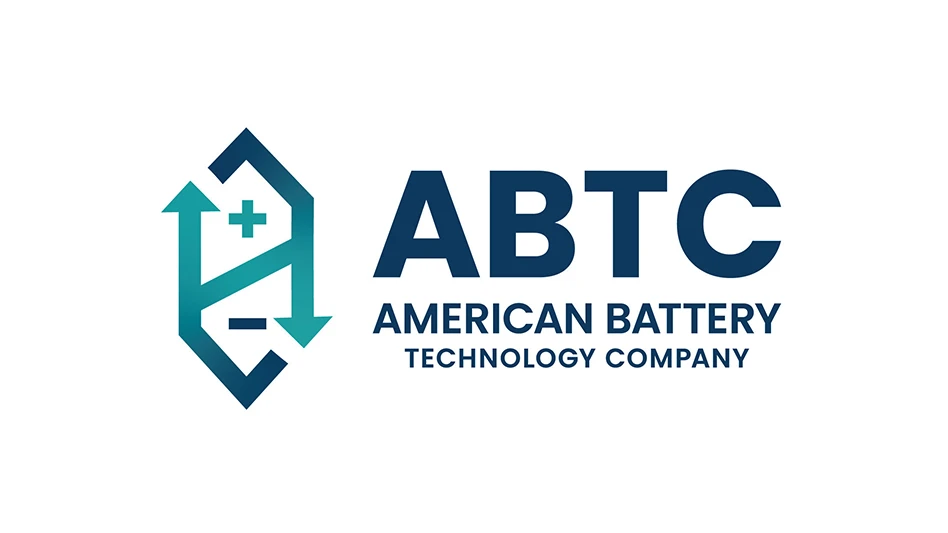Old is new
 A South Gate, California, company might have moved into a new office space, but much of the building is purposefully old.
A South Gate, California, company might have moved into a new office space, but much of the building is purposefully old.
Interior Removal Specialist Inc. (IRS), a tenant improvement interior demolition specialist in Southern California, says it saved nearly $1 million in the construction of its new office by reusing materials—doors, frames, filing cabinets, furniture and building materials—from the company’s donation warehouse.
IRS recycles materials, ranging from drywall to carpet, that it collects from demolition projects and also stores furniture and equipment left behind by former tenants. The warehoused materials are often made available to nonprofit organizations.
Richard Ludt of IRS says the company’s new building is projected to earn Leadership in Energy and Environmental Design (LEED) Silver status.

Green campus
Recycling is not just something to study—going above and beyond to be environmentally conscious takes action, too.
OnlineSchoolsCenter.com, which compiles information about higher education, has released its list of the Top 50 Green Schools, recognizing U.S. colleges and universities that “boast multiple, simple and complex means of contributing to our planet’s health in ways including sustainability, clean energy, solar power, recycling and landscape management,” the website states.
The five greenest schools, according to the online publication, are:
- American University – Washington
- Dickinson College – Carlisle, Pennsylvania
- University of California – Santa Barbara – Santa Barbara, California
- University of Massachusetts – Amherst – Amherst, Massachusetts
- University of California at Irvine – Irvine, California
The full ranking is available at www.onlineschoolscenter.com/top-50-green-schools.

On the move
 Plastic bags that once helped to transport feed, rice and cement are now safeguarding money, technological devices and other valuables as wallets, tote bags and other water-resistant bags and accessories.
Plastic bags that once helped to transport feed, rice and cement are now safeguarding money, technological devices and other valuables as wallets, tote bags and other water-resistant bags and accessories.
Torrain, based in Portland, Oregon, recycles old materials—plastic feed and cement bags—into new, vibrant products.
The company formed when owner Nyla Jano discovered a Cambodian woman in the Southeast Asian country recycling the discarded materials into useful tote bags, the company explains on its website, www.torrain.org. More than 10 patterns, from storks and serpents to flowers and fish, are available.
Since developing relationships with more Cambodian artisans, Torrain also has opened an American-made line, with all recycled plastic feed bag products produced in Portland, the company says.
Do you have a unique recycling-focused story? Please send a press release to Megan Workman at mworkman@gie.net.

Explore the February 2015 Issue
Check out more from this issue and find your next story to read.
Latest from Recycling Today
- Updated: Matalco to close Canton, Ohio, plant
- Metso launches electric Anode Weighing and Casting Machine
- Circular by Shapiro releases '5 for Five' sustainability series
- Graphic Packaging set to close Ohio CRB facility
- Ameripen voices support for Maryland EPR bill
- Maryland county expands curbside recycling to include electronics
- California EPS ban will be enforced
- YKK AP America introduces BetterBillet





